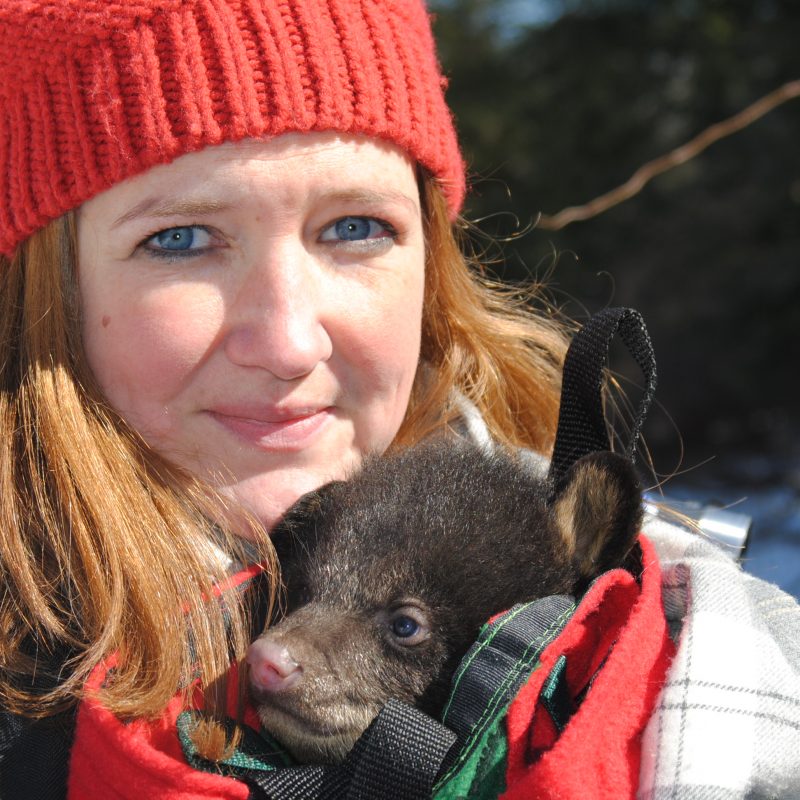Research Area: Viruses
-

Luis Schang
Dr. Schang uses small molecules with drug-like properties to probe the ways viruses cause infections. He is most interested in finding common features among the many viruses that cause disease in animals or humans, including how they enter cells and how they replicate and cause[...] -

David Russell
My program is focused on drug discovery and the pathogenesis of infectious human disease. We work closely with the Gates Foundation and the California Institute for Biomedical Research to run high-throughput drug screening on Mycobacterium tuberculosis within the context of the host. We also have human subjects[...] -

Gerald Duhamel
My research is focused on the eukaryotic cell DNA damage response (DDR) to a novel bacterial genotoxin called cytolethal distending toxin (CDT) within the context of intestinal disease of human and animals. I also have extensive experience in the development and assessment of laboratory animal[...] -

Andrew Clark
We study the molecular evolution and population genetics of the immune system in Drosophila and other insects, specifically focusing on comparative genomics and transcriptional regulation of the immune response. We also explore host genetic variation in microbiome composition and function in a large human twin study and[...] -

Yung-Fu Chang
My research focuses on the pathogenesis of bacterial diseases and vaccine protection mechanisms. My lab is working on the interaction of host receptors and virulence factors of C. difficile (toxins), Leptospira spp, and F. nucleatum (adhesins). We are also working on the mucosa immunity against F. nucleatum and M. avium subsp. paratuberculosis using outer membrane vesicle[...] -

Gary Whittaker
My lab has a broad interest in the structure and function of viral envelope proteins, and how genomic mutations lead to changes in the envelope proteins and control viral pathogenesis. We primarily study influenza viruses of humans and animals, and coronaviruses, principally, SARS-CoV, MERS-CoV and[...] -

Jeongmin Song
The unifying themes of my ongoing research program are seeking to understand the underlying mechanisms that control the pathogenesis and disease associated with bacterial infections, as well as developing control strategies for the bacteria or its associated disease. The main focus for the past years[...] -

Krysten Schuler
My research group focuses on free-ranging North America wildlife to improve health outcomes across a variety of species, their pathogens and parasites. At the Cornell Wildlife Health Lab, we derive solutions from novel mathematical applications, innovative diagnostic evaluations, field-based studies, and human dimensions of wildlife[...] -

Brian Rudd
The Rudd lab is interested in how microbes alter immune development and how the adaptive immune system protects the host against acute and chronic pathogens. -

Joe Peters
The Peters lab studies microbial evolution via mobile genetic elements. We are interested in how mobile elements evolve new functions within host-associated bacteria. Students in the lab will develop skills in bioinformatics, molecular genetics, and biochemistry. An example student project is using sequencing data to[...]
